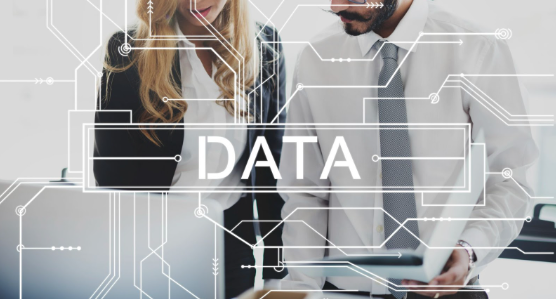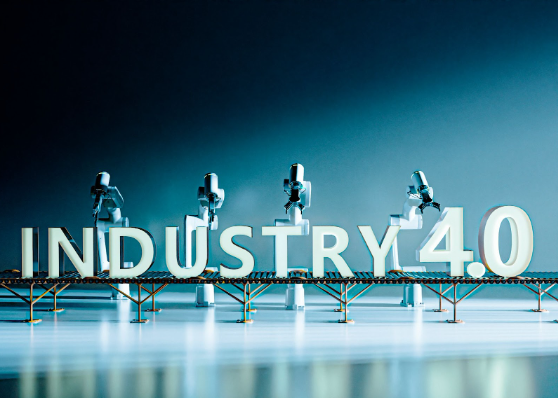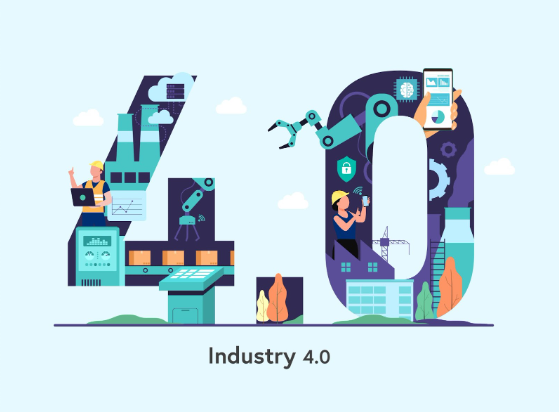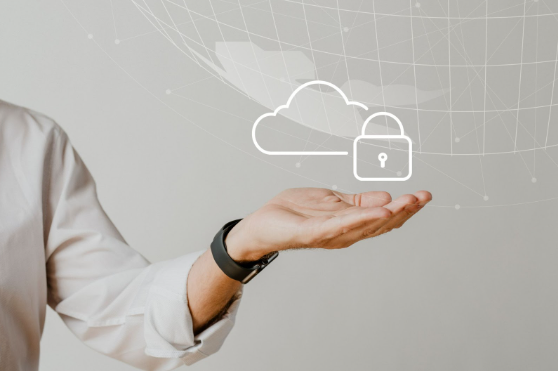Compared to other fields, robotics has particular characteristics because its goal is to enable a physical agent to interact with the real world.
Data as the Engine for a New Robotics


Compared to other fields, robotics has particular characteristics because its goal is to enable a physical agent to interact with the real world.

The pandemic has boosted e-commerce and home deliveries, highlighting the
importance of the "last mile" in the customer experience. Logistics increasingly requires data management and the adoption of technologies such as artificial intelligence, Big Data, and the Internet of Things to meet consumer demands. Despite the growth of e-commerce, digitalization in the logistics sector in Spain is still lagging behind.
Optimizing the last mile is achieved through smart warehouses, route optimization with Big Data, and real-time tracking, which improves profitability and the customer experience.

La mayoría de las pymes españolas confían en la digitalización y planean invertir en ella en los próximos tres años, sin embargo, aún necesitan realizar una transformación digital centrada en la gestión eficiente de grandes volúmenes de datos. El uso de estrategias de Big Data puede ayudar a estas empresas a abordar problemas de manera proactiva, generar nuevas oportunidades, mejorar la eficiencia operativa y fidelizar a los clientes. Sin embargo, las pymes se enfrentan a desafíos como la integración de diferentes fuentes y tipos de datos, la necesidad de procesar grandes volúmenes de datos rápidamente y la selección y preparación adecuada de los datos. Para tener éxito en una estrategia de Big Data, las pymes deben definir claramente los problemas de negocio, seleccionar y preparar los datos adecuados, almacenarlos de manera segura y realizar un análisis exhaustivo para tomar decisiones basadas en datos. El inicio de un nuevo año es un momento oportuno para implementar estrategias de transformación digital y Big Data, lo que requiere un cambio de mentalidad y enfoque estratégico en estas empresas.

Industry 4.0 goes beyond digitalization and focuses on human impact. The convergence of disruptive technologies transforms industrial practices and creates products and services aligned with market needs. It’s necessary to combine technological enablers with a strategic, human-centered approach. The holistic vision of Industry 4.0 seeks trust and collaboration among all ecosystem players.

Industries are adopting technology and data management to generate even more value in their business models, and the oil and gas industry – especially service stations – is no exception.

Virtual assistants and chatbots offer efficient and personalized customer experiences by anticipating problems and providing solutions. Intelligence applied to customer experience enhances satisfaction and provides insights into business and consumer behavior. Intelligent, empathetic, and personalized experiences are key to satisfying demanding and informed consumers.

The combination of applied intelligence and Customer Data Platforms (CDPs) represents a powerful synergy in the marketing realm. CDPs unify data from various sources to offer a comprehensive view of each customer, solving the problem of information silos. By combining CDPs with artificial intelligence (AI) and machine learning (ML), even greater benefits can be achieved, such as the ability to predict behaviors and offer personalized experiences. However, data security and privacy must be considered, and this strategy requires continuous evolution to maintain its effectiveness.

Industrial Revolutions have transformed society and economy throughout history. The Fourth Industrial Revolution is characterized by the use of data and artificial intelligence, with a high level of information exchange. Companies must migrate to a data-centric relationship model, organizing and understanding information to meet customer needs and optimize information flows. Before digitalizing, it is necessary to organize the data.

Spanish SMEs, especially in the industrial sector, have low digitalization penetration and need to invest in technology and change their culture to maintain competitiveness. The Digitalization Boost Plan for SMEs 2021-2025 and European Union funds for digital transformation aim to encourage the adoption of new technologies. SMEs often have a distant perception of Industry 4.0 and make mistakes by thinking it only involves having a website and storing data in the cloud. To unlock the true potential of Industry 4.0, SMEs need a comprehensive combination of technologies and a holistic vision, supported by technology partners and data experts.

Data science strategies are increasingly used by Spanish companies, positively impacting organizational performance and higher levels of resilience. It is crucial for companies to own their data and ensure its quality, and to adopt a data-driven approach for making strategic decisions based on data analysis and interpretation. Managing one’s own data provides flexibility and capacity to address current and future business needs, but requires a data governance policy and appropriate attention to data integration, quality, and management.